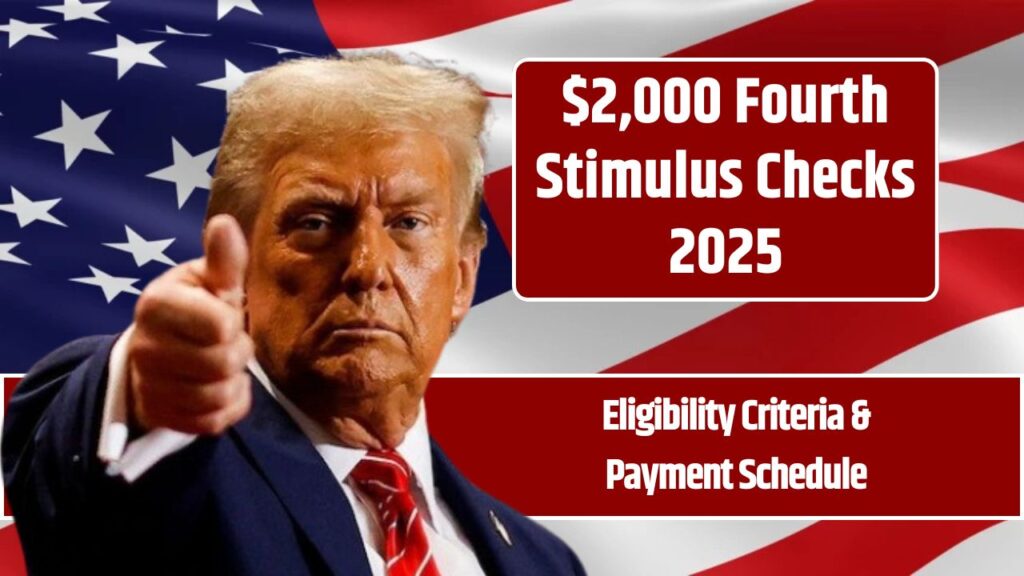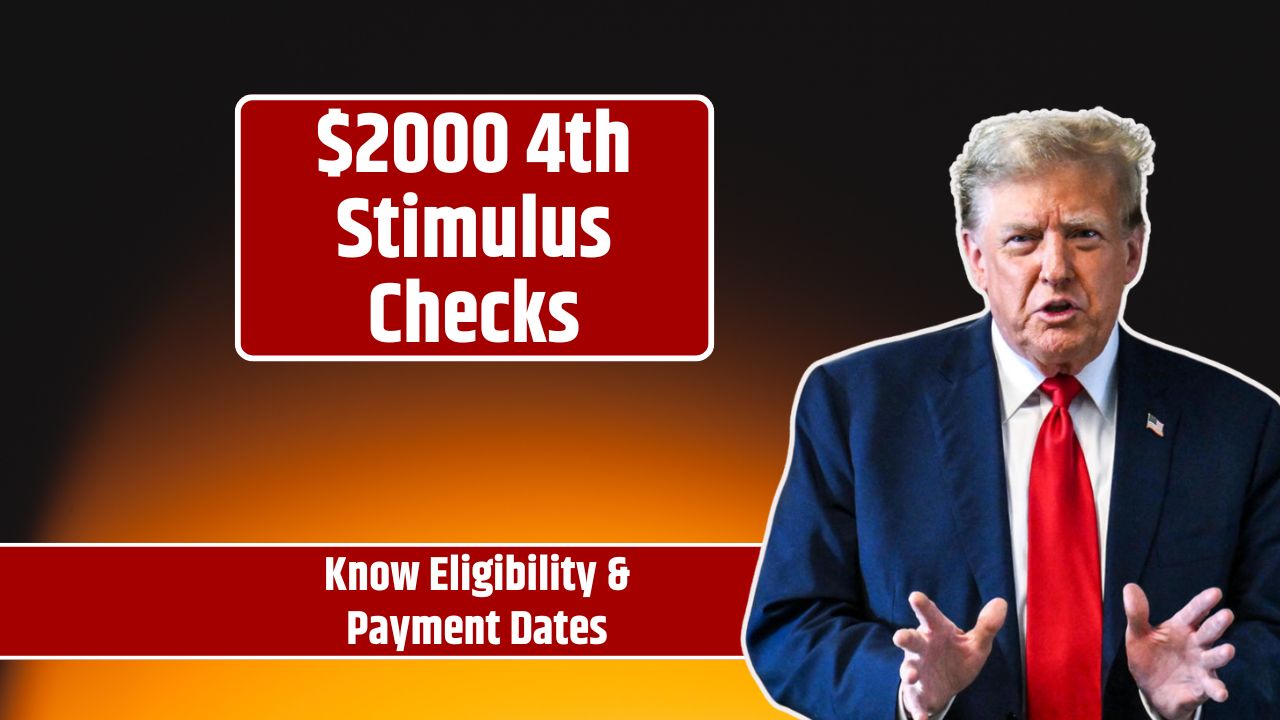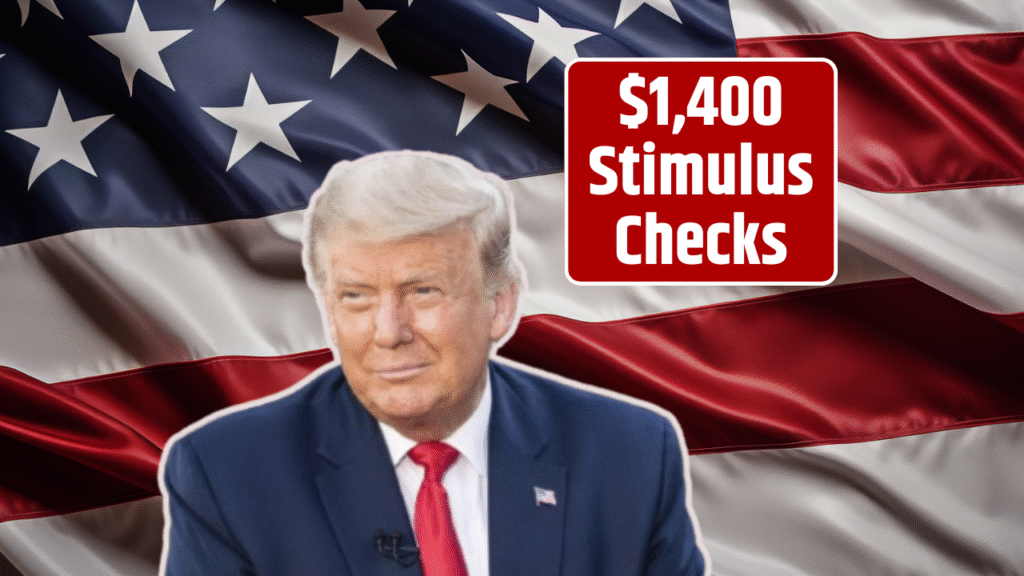As inflation continues to hit American wallets hard, the idea of a fourth stimulus check is gaining traction again. With grocery prices, rent, and gas costs steadily rising, many households are feeling financial pressure. A potential $2,000 relief payment is being discussed in Washington, giving millions of Americans a reason to stay alert for official updates. Although nothing is confirmed yet, the conversation is heating up — and understanding what’s on the table can help you plan.
What’s Being Proposed?
The potential fourth round of stimulus is intended to provide direct financial relief to those hit hardest by the rising cost of living. Here’s a snapshot of what’s currently being floated:
| Category | Details |
|---|---|
| Authority | Internal Revenue Service (IRS) |
| Program Name | IRS Fourth Stimulus Check |
| Amount | $2,000 |
| Country | United States |
| Expected Payment Date | TBD – Possibly Late 2025 or Early 2026 |
| Official Site | www.irs.gov |
While no formal legislation has been passed, the fact that lawmakers are discussing it suggests real potential for approval, especially if economic pressures worsen.
Who Might Qualify?
If you received one of the previous three stimulus payments, there’s a good chance you’ll qualify for this one too — assuming similar guidelines are used.
Expected Eligibility Criteria:
- Income Limits: Individuals earning under $75,000 or married couples filing jointly under $150,000 are likely to qualify.
- Social Security Recipients: Those receiving SSI, SSDI, or other Social Security benefits would probably receive payments automatically.
- Non-Filers: If you didn’t file taxes recently, you may need to update your records with the IRS to avoid being overlooked.
The emphasis will likely remain on aiding low-income families, retirees, and individuals on fixed incomes — those most vulnerable to inflation.
How Would You Get It?
Though a payment date hasn’t been set, if approved, distribution would likely mirror past stimulus rounds. The IRS has already developed several methods for getting payments out efficiently.
Delivery Methods:
- Direct Deposit: The fastest and most common method. Make sure your banking info with the IRS is up to date.
- Mailed Checks: If no direct deposit info is available, a paper check would be mailed to your address on file.
- Prepaid Debit Cards: Some may receive a reloadable Economic Impact Payment (EIP) card, as was done during earlier rounds.
Tip: Use the IRS Get My Payment tool to verify your information is accurate.
Alternatives If the Check Doesn’t Happen
If the $2,000 stimulus doesn’t pass, don’t lose hope. Other forms of relief are being explored that could still bring meaningful support:
| Relief Option | Description |
|---|---|
| Child Tax Credit | Expanded payments to help families with children |
| SNAP Benefits | Increased access and funding for food assistance programs |
| Housing Assistance | Rental relief and eviction prevention measures |
| Unemployment Aid | Extensions of unemployment benefits for jobless workers |
While these options aren’t direct cash payments, they could still alleviate financial strain for qualifying individuals and families.
Issues Still Being Discussed
Past rounds of stimulus left some people behind — particularly those receiving disability benefits or with limited digital access. Lawmakers are working to avoid repeating those mistakes by refining eligibility systems and delivery methods. Public pressure has already influenced legislative priorities in the past, so continued engagement from citizens remains important.
While the fourth stimulus check is still just a proposal, it’s clear that lawmakers recognize the need for economic relief. Whether or not the $2,000 payment becomes reality, stay informed, check your IRS account regularly, and be proactive in seeking available support programs.
FAQs
Is the fourth stimulus check confirmed?
No, it’s still being discussed in Congress. Nothing is finalized yet.
Who decides if the stimulus check happens?
Federal lawmakers and the president must pass legislation. The IRS then distributes the payments.
Will I get it if I’m on Social Security?
If eligibility mirrors past rounds, yes — those on SSI, SSDI, and other federal benefits will likely receive it automatically.
How can I make sure I don’t miss it?
Update your banking info and mailing address with the IRS and monitor irs.gov for official updates.


















